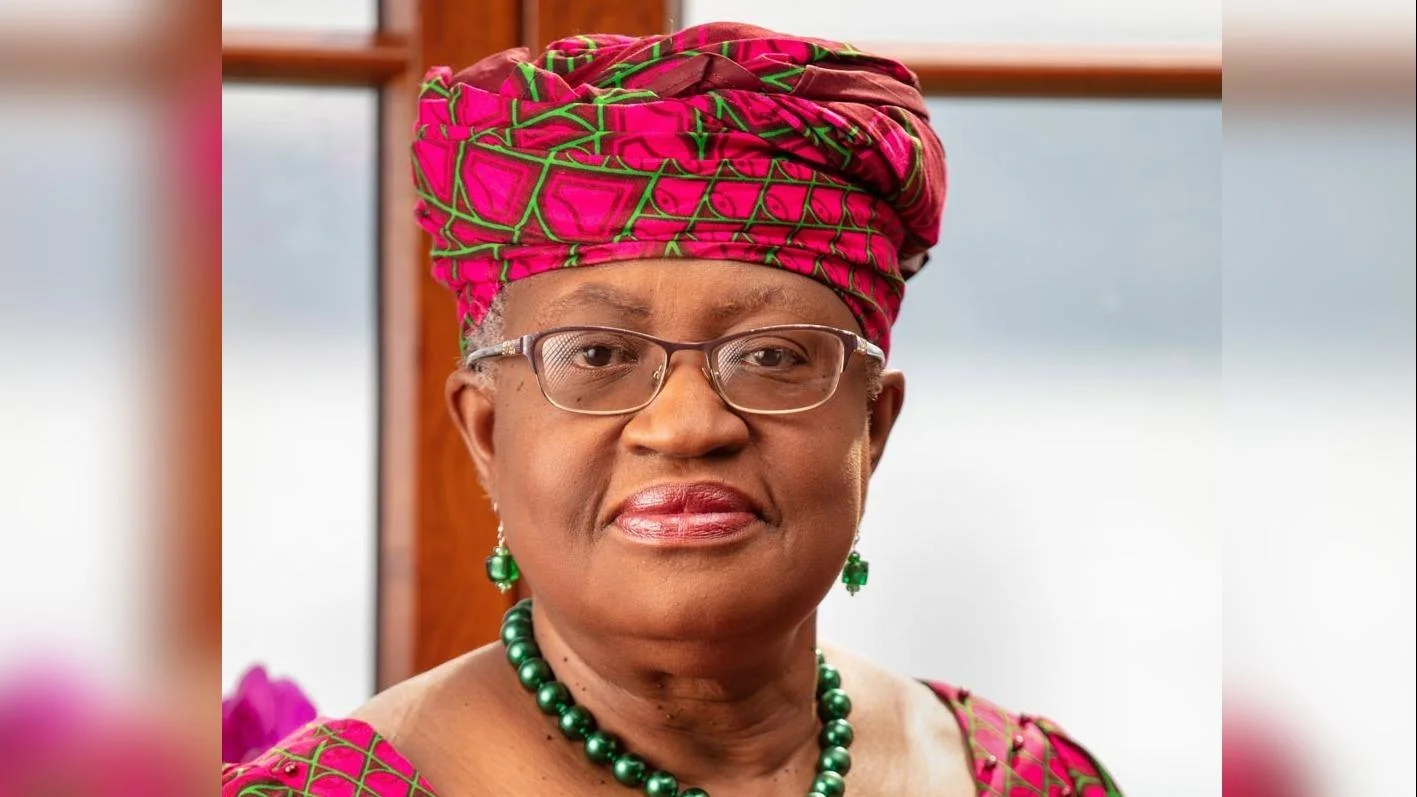The European Union has appealed a World Trade Organization (WTO) panel report concerning countervailing duties imposed on imports of biodiesel from Indonesia. Indonesia expressed regret over the EU's decision to appeal before a non-functioning Appellate Body. The EU noted that it had invited Indonesia to join the multi-party interim appeal arrangement (MPIA), which aims to preserve parties' rights to binding dispute resolution in light of the ongoing blockage of appointments to the WTO's Appellate Body.
The MPIA serves as a temporary measure for WTO members who wish to maintain their right to appeal despite the lack of an operational Appellate Body. Currently, there is no division available within the Appellate Body to handle appeals related to this dispute. Further details are expected soon in document WT/DS618/5.
In another case, China informed the Dispute Settlement Body (DSB) that it has fully complied with rulings and recommendations from an arbitration award in proceedings initiated by the EU under the MPIA. However, China raised concerns about how WTO agreements were interpreted in that award.
The EU welcomed this ruling, stating: "The MPIA proceedings demonstrated that dispute settlement can be conducted swiftly and efficiently while fully preserving the procedural rights of parties." The EU also said it could not yet confirm that China had fully implemented the arbitration award based on current information.
Australia, Canada, Japan, and the United Kingdom—third parties in this dispute—supported the EU’s view regarding MPIA’s effectiveness.
Colombia, speaking for 130 WTO members, introduced for a 90th time a proposal calling for selection processes to fill vacancies on the Appellate Body. Colombia stated: "The extensive number of members submitting the proposal reflects a common interest in the functioning of the Appellate Body and, more generally, in the functioning of the WTO's dispute settlement system."
The United States reiterated its opposition to moving forward with these appointments at this time. The US highlighted its ongoing participation in WTO disputes but pointed out delays and non-compliance as reasons for exploring alternative approaches.
Over 20 members commented during discussions on this issue; several urged others to consider joining MPIA as an interim solution.
Colombia again emphasized disappointment over stalled efforts: "Ongoing conversations about reform of the dispute settlement system should not prevent the Appellate Body from continuing to operate fully, and members shall comply with their obligation under the Dispute Settlement Understanding to fill vacancies as they arise."
Ambassador Clare Kelly (New Zealand), Chair of DSB, reported on informal consultations regarding reforming dispute settlement procedures. She indicated plans for formal joint consultations with General Council Chair Ambassador Saqer Abdullah Almoqbel (Saudi Arabia) after October’s General Council meeting.
During surveillance reports:
- The EU updated on cases involving palm oil-based biofuels and biotech product approvals.
- The US presented status updates concerning anti-dumping measures affecting steel products from Japan; copyright issues; large residential washers from Korea; and anti-dumping methodologies involving China.
- Indonesia reported on disputes regarding importation rules for horticultural products and animal goods.
The next regular meeting of WTO’s Dispute Settlement Body is scheduled for 24 October 2025.

